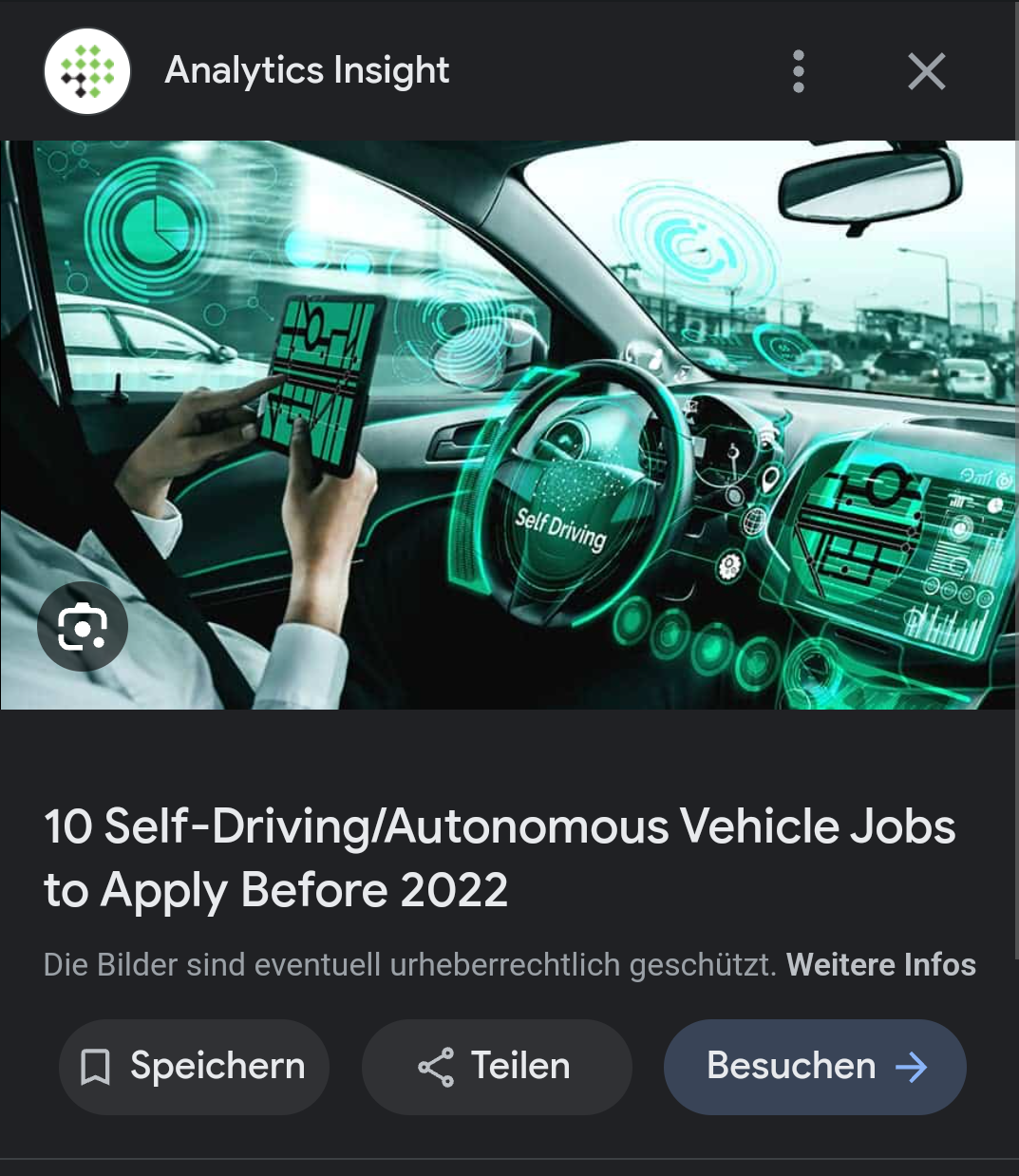Digitalism II
[This is a follow-up to an earlier post: "Digitalism", on the near future of the human hand.]
The next years are going to put the same question to us that haunted us at every house party, bar flirt and presentation: What to do with our hands?
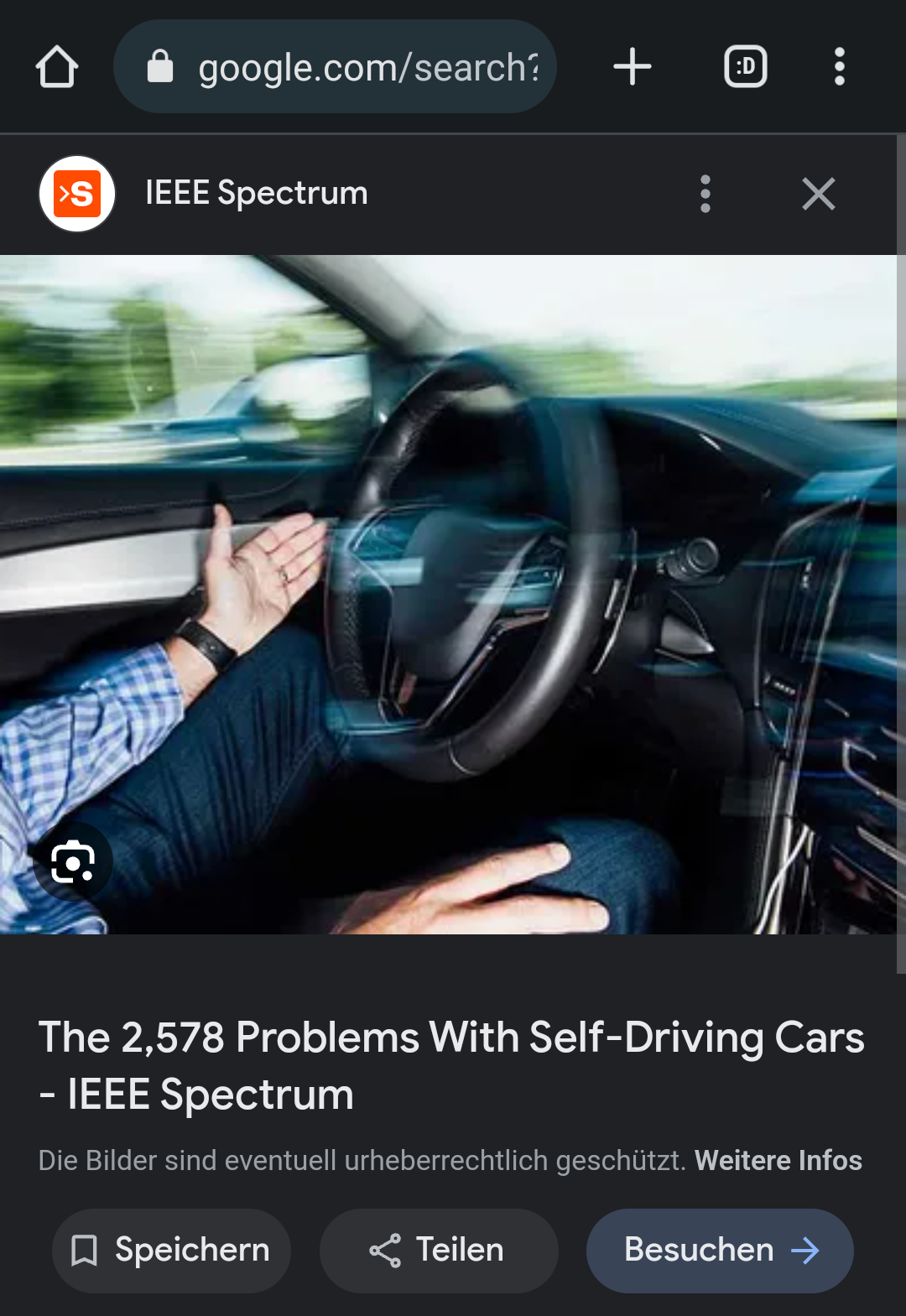
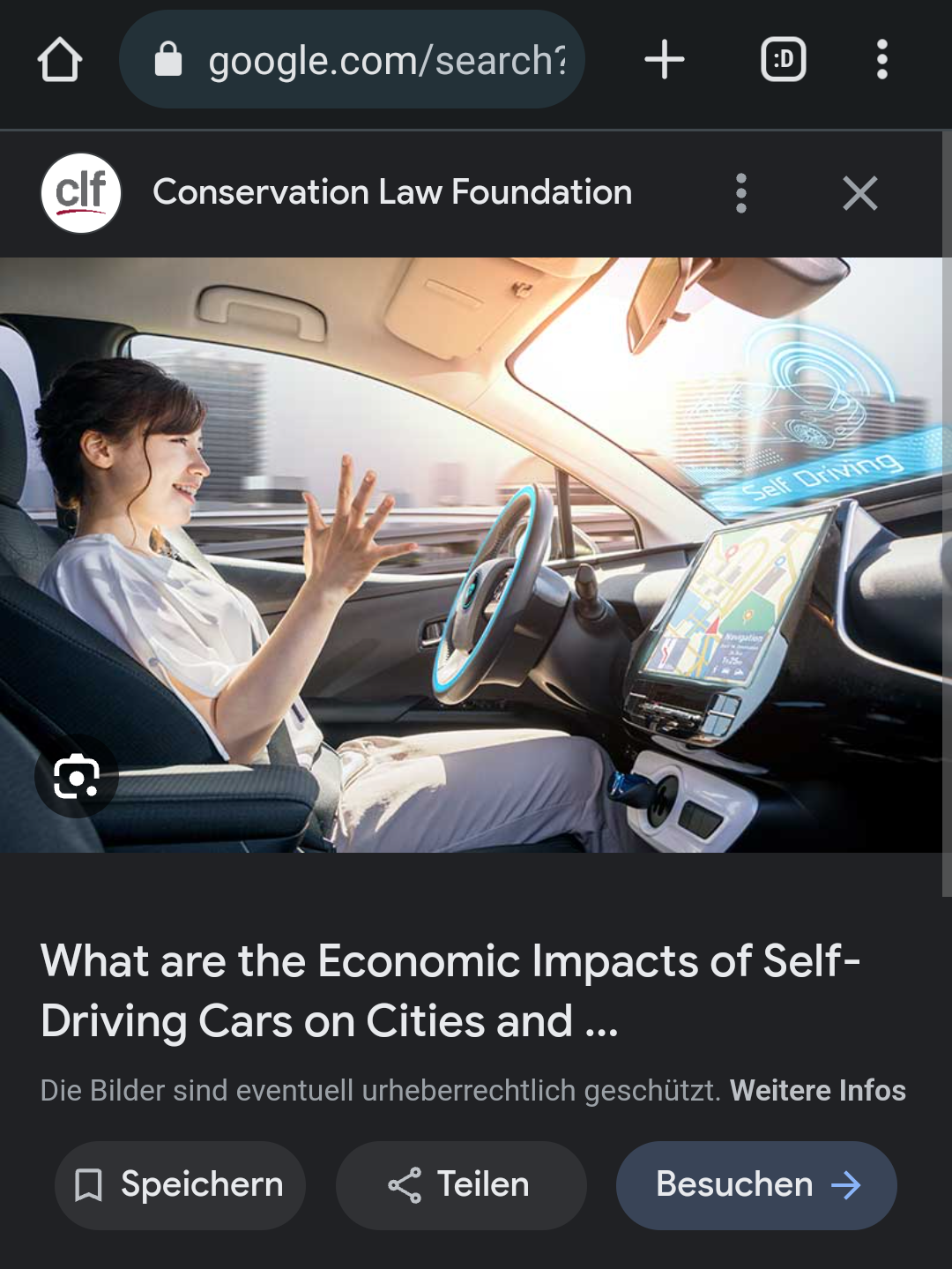





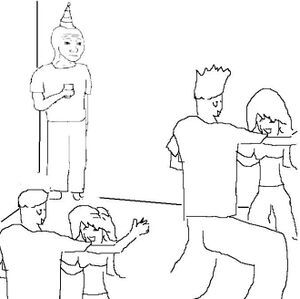

But of course the sheer awkwardness of this future has to be replaced by a more soothing, more comfortable and good-at-sports way of putting the hands to use, and this is - no surprise, regarding the poor imaginative processes at use - decisively nostalgic.
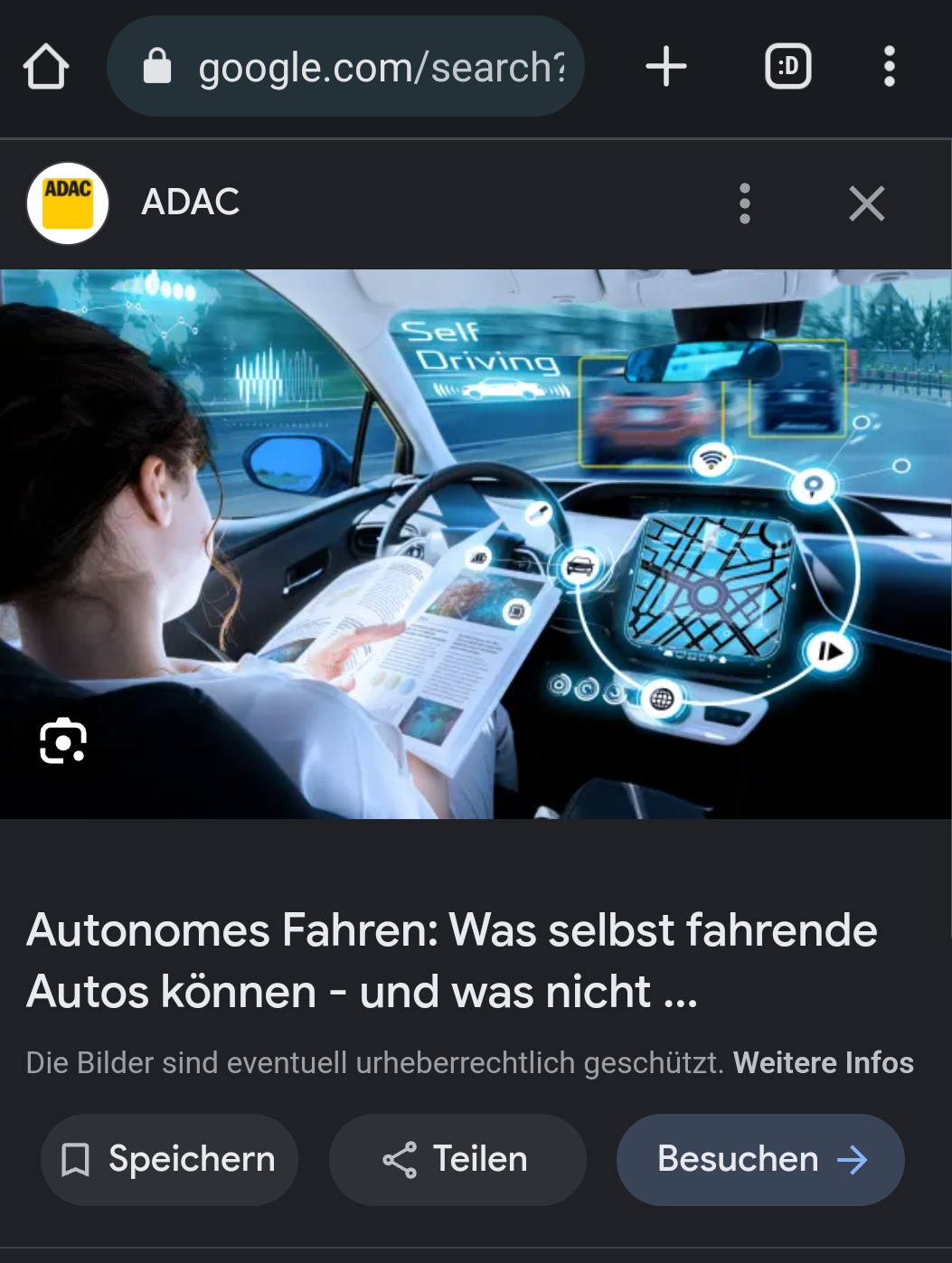

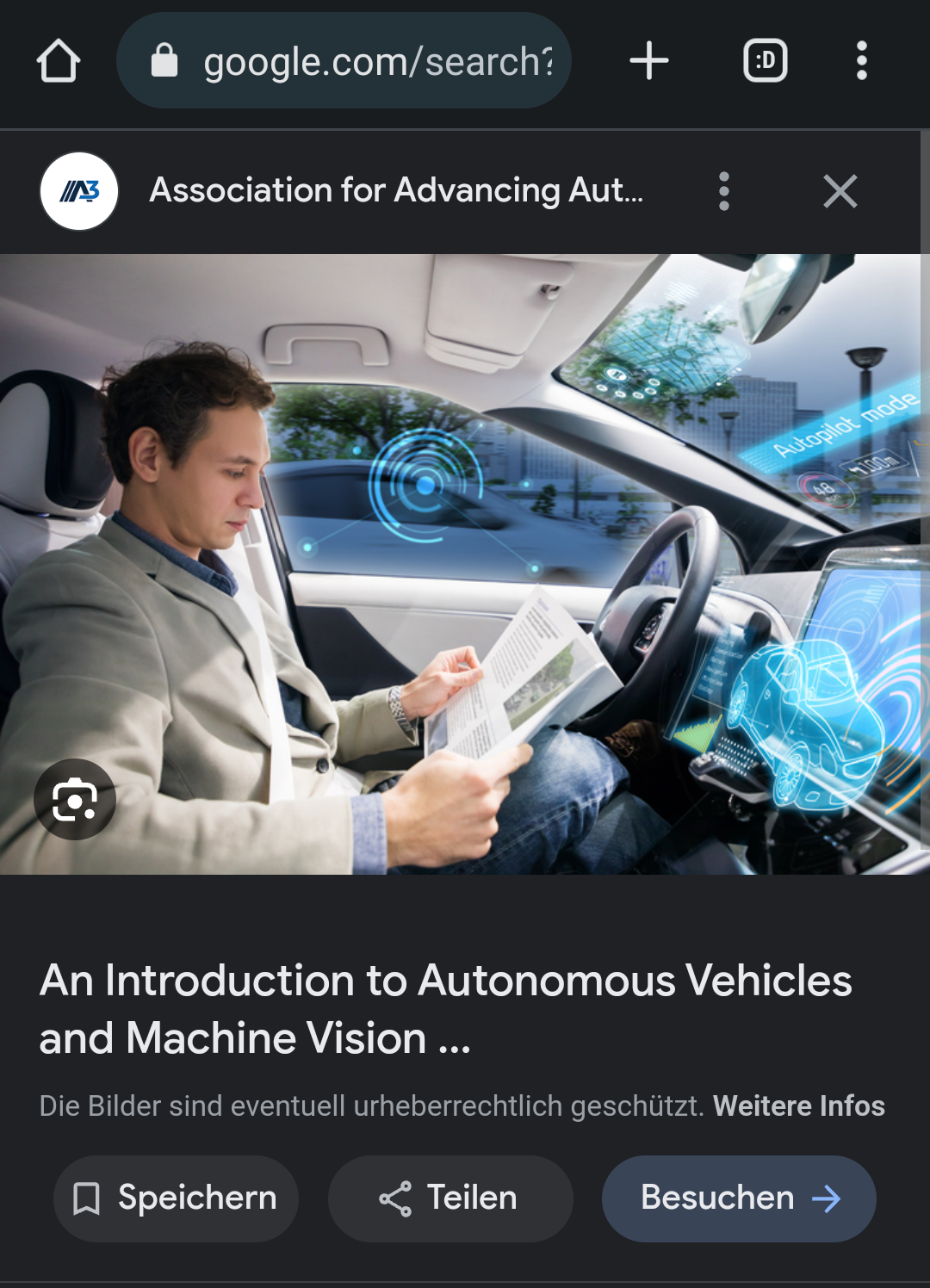
On the one, yes, hand, the idea of an autonomous car finally enabling people to read (as in "literally" any public transport) is an accident caused by the horrific lack of literary imagination. (We will skip for a moment the genre of literature these hands are reading, most of these magazines look like the "technology outlook" of a business forecast announcing the same car they're driving in, in other words: a very outdated genre in itself.) For literature uses poetic procedures to create hermetic fictions, in which it always needs to act out a contestation of any "purified" imagination (carrier-trunk theory of fiction). I call these "retardations" and they are the reason why literature is better in understanding the future than anything else. Literature needs to answer questions like: If you have an autonomous car, why and who would be reading, and who would be telling about ("narrate") it, so that we even knew? What are your hands going to do, when you cannot hold the steering wheel to drive anymore? Will people fiddle more and need new forms of therapy, will they masturbate more or frequently bite their nails accumulating huge amounts of calcium in their metabolisms? If not, how come? (And we all remember very well that the idea of the hand and the space in which its movements and gesticular poses took place were ultimately altered when people stopped smoking as a default - we will never have the same hands again. Certain angles of the arm, certain movements of the ellbow look just awkward without a cigarette in a hand and have therefore become cringe and vanished.)

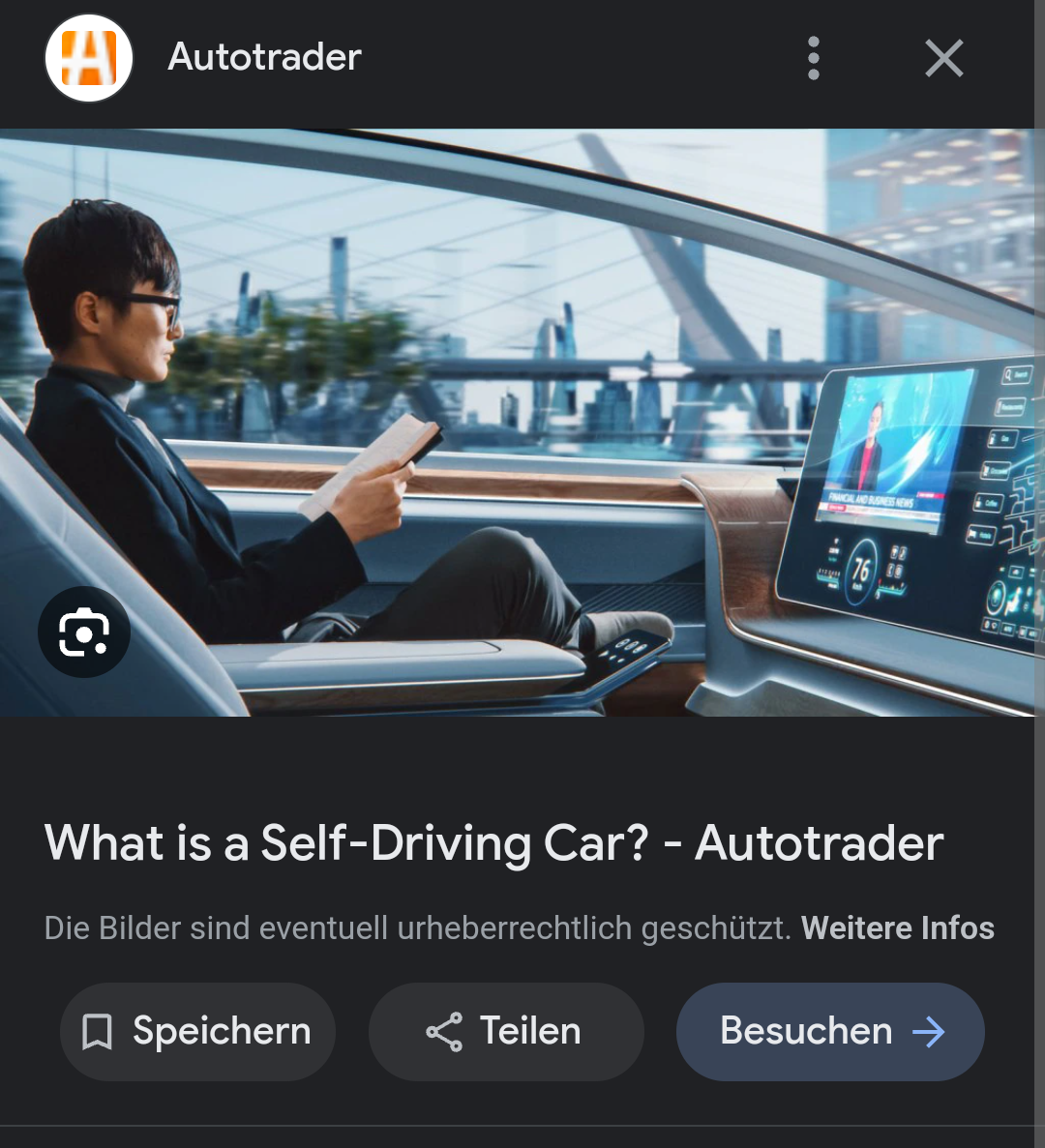
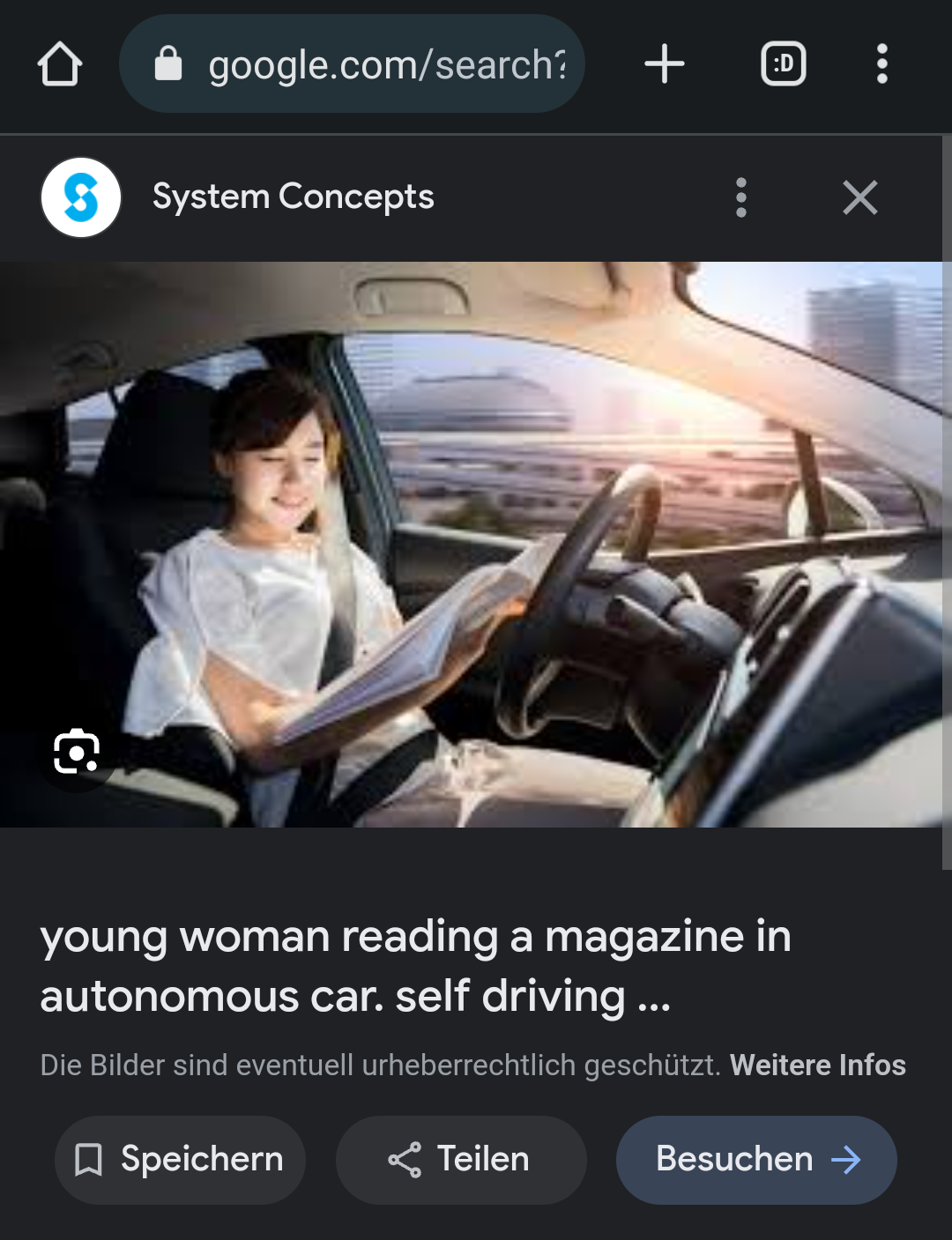
On the other hand, it is literature which has the ability to imagine the phenomenon of retardation in its full scope. By its poetic procedures it creates worlds (or relatively autonomous formal instances of the world) in which a narration heading forward as in a teleological progressive futurology is going to be countered by retardations within its own and internal economy. To be more concrete: It is not correct to say that it will not be possible to hold the steering wheel anymore when the autonomous car will have taken over. It may be the case that holding it is going to be cringe and unusual, but it can also be a statement. Rather certainly some people will be holding the wheel in an internal cultural retardation, as a nostalgic movement.
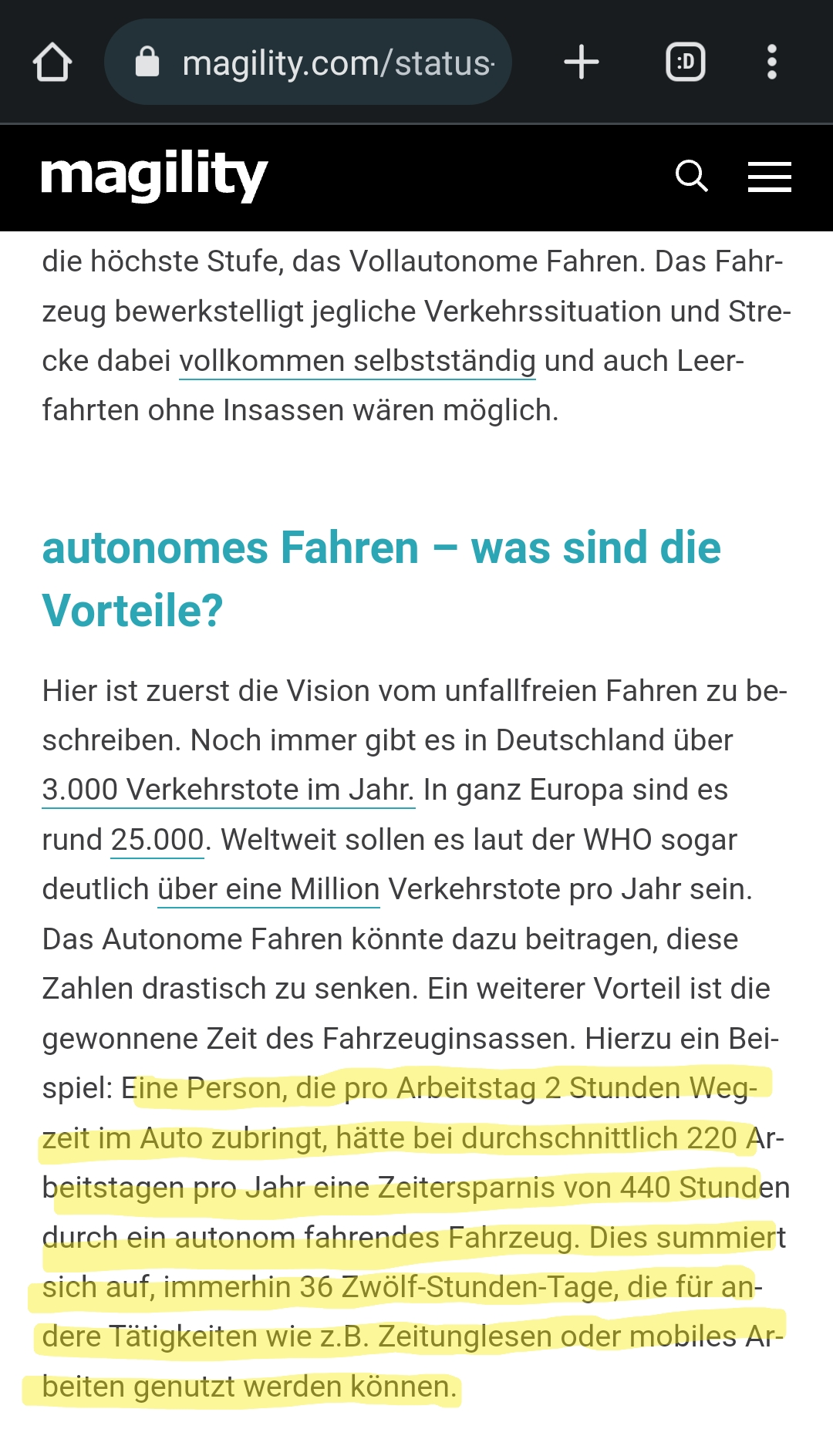
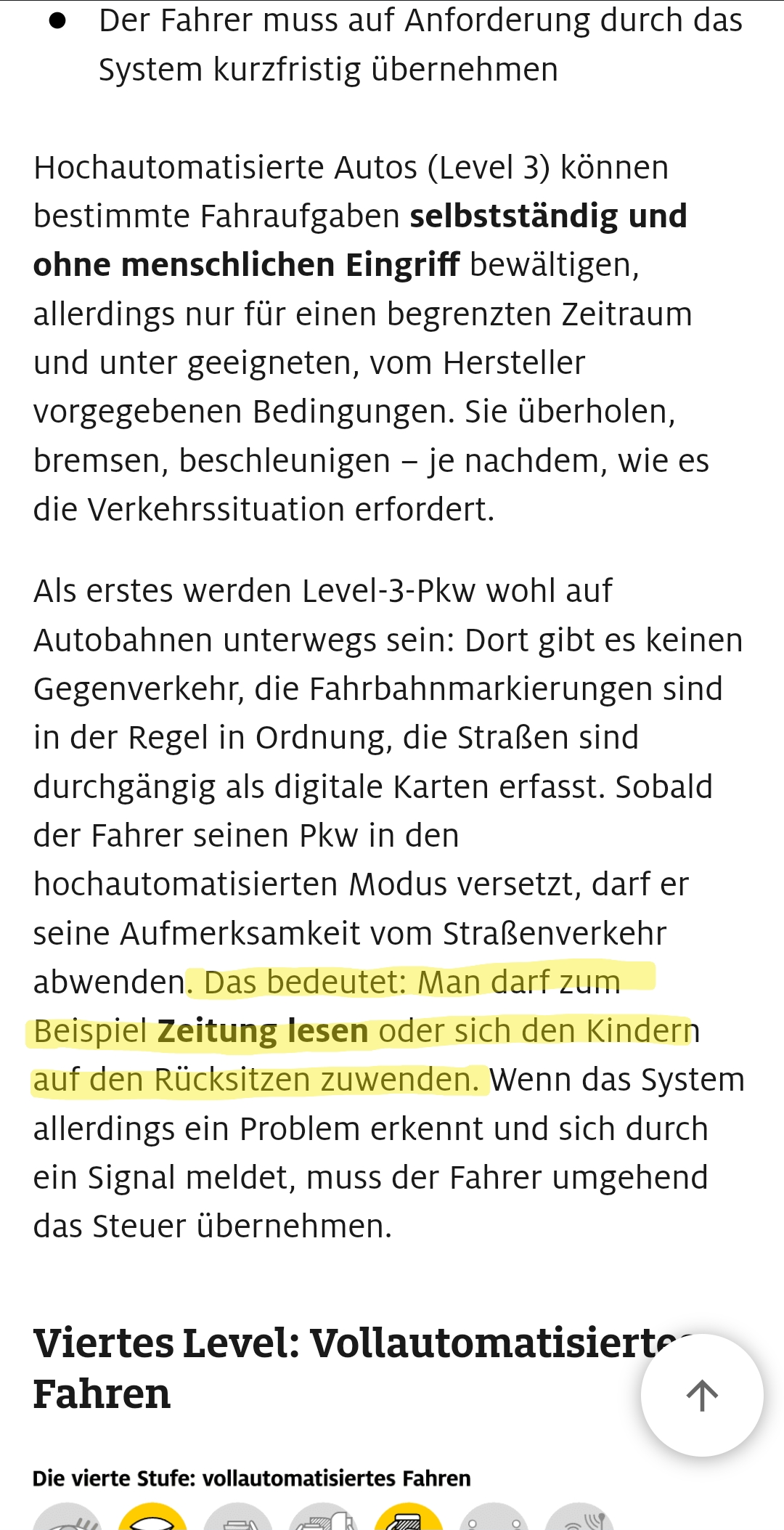
Which poses the next question: What is the nostalgia of reading a book in contrast to the nostalgia of holding the wheel? Will there be competing subcultures, the ultra-cultural-traditionalists and the steer-nostalgists. And how do the hands act them out?
Looked at closely the books have often no cover and especially no hint to a fictional content, because any name dropped, like "1984" or "The Great Gatsby", any idea of a real imagination would immediatly annihilate the anti-imagination of having a train cramped into a car body.
But at best the autonomous car is forced to create a new form of book or reading which corresponds to the new hands. If so, this would be the only reason to invest our imaginative resources into its devastating miniature future-desert.



